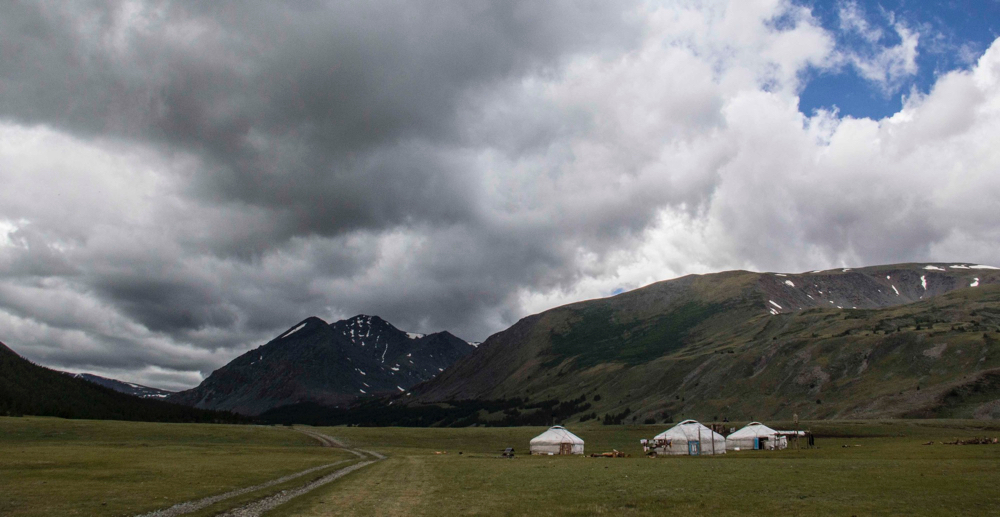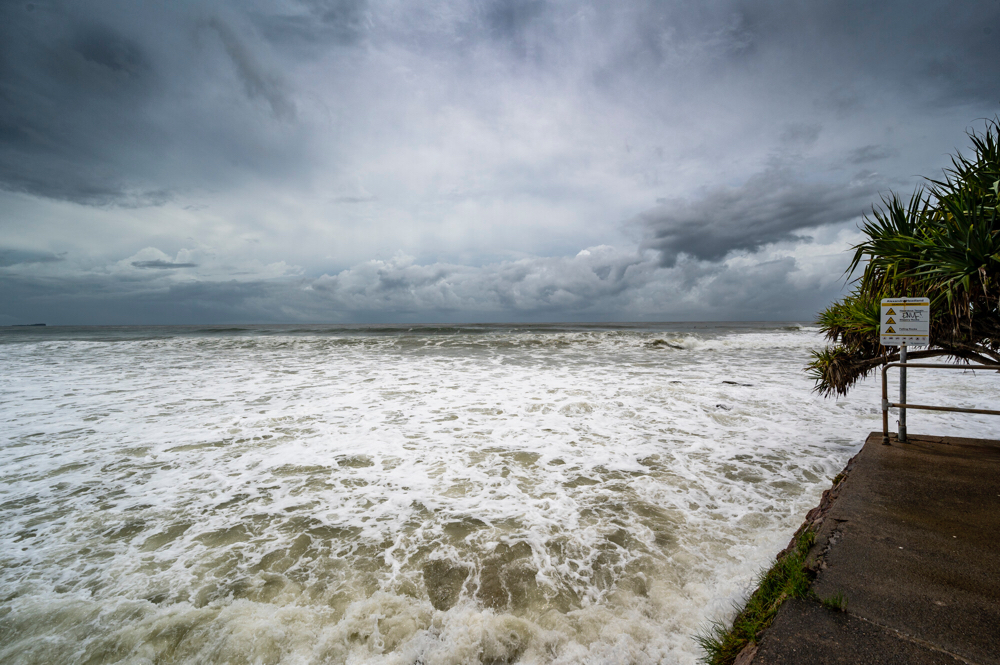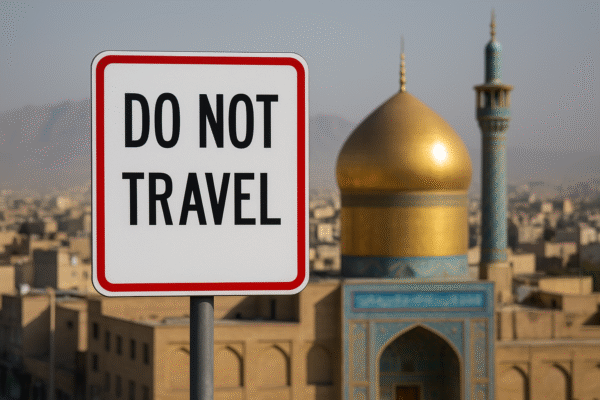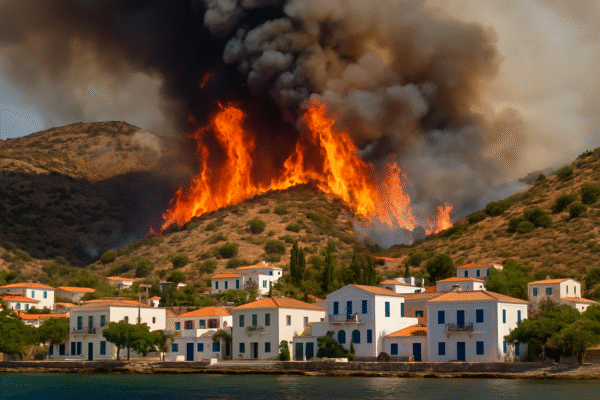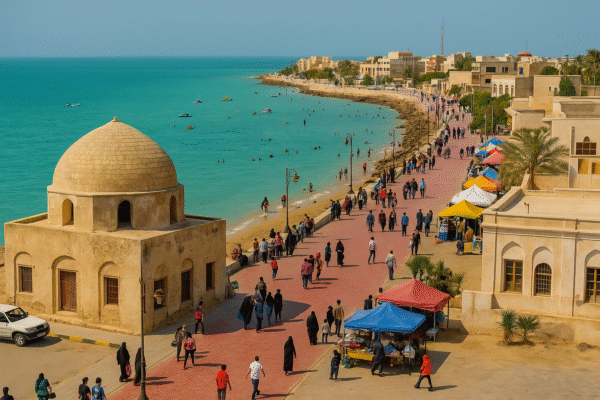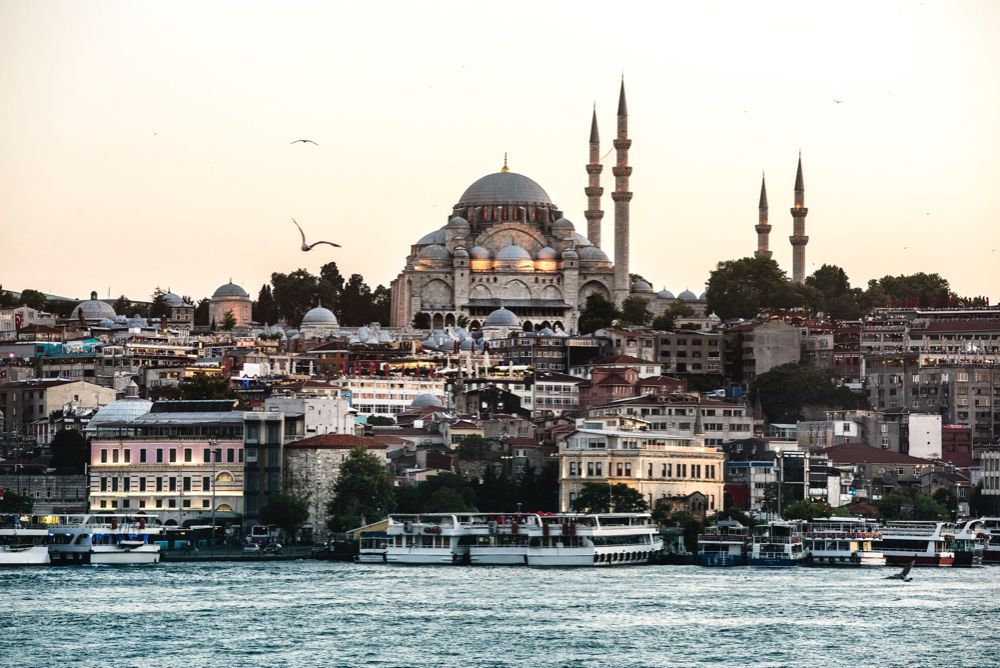Turkey remains one of the world’s most captivating destinations, attracting millions of tourists every year. From the ancient wonders of Ephesus to the modern energy of Istanbul and the tranquil turquoise waters along the Aegean and Mediterranean coasts, the country offers a unique blend of history, culture, and natural beauty. However, in 2025, travelers are being urged to stay vigilant as Canada and several other countries have updated their travel advisories for Turkey, citing ongoing security, health, and entry-related concerns.
Understanding the Latest Travel Advisory
The updated advisory encourages travelers to exercise a high degree of caution across Turkey. While the vast majority of visits are safe, several factors have prompted increased warnings:
- Political demonstrations and protests in major cities like Istanbul and Ankara
- Risks of terrorist attacks in crowded areas
- Ongoing instability near Turkey’s borders with Syria and Iraq
Travelers are advised to monitor the situation closely, especially when visiting regions far from the traditional tourist paths.
Areas of Concern
Most popular tourist destinations, such as Istanbul, Cappadocia, Antalya, and Bodrum, continue to welcome international visitors safely. However, areas in southeastern Turkey pose higher risks.
- High-Risk Provinces: Batman, Hakkari, Şırnak, and Kilis are considered unsafe due to ongoing conflicts and the potential for violence or kidnappings.
- Border Regions: Travel within 10 kilometers of the Syrian or Iraqi borders is strongly discouraged, as these areas remain sensitive zones due to extremist activity and military operations.
Visitors should plan their trips carefully and avoid unnecessary travel to these regions.
General Safety in Major Cities
Urban centers like Istanbul and Ankara remain bustling hubs for culture, shopping, and gastronomy, but they also require vigilance. Demonstrations can arise unexpectedly, sometimes escalating into violence. Travelers are advised to:
- Avoid large gatherings or public protests.
- Stay alert in crowded areas like markets, tourist attractions, and public transport stations.
- Keep identification and hotel contact information with them at all times.
Petty crimes such as pickpocketing and scams also remain common in busy tourist zones, so keeping valuables secure is essential.
Health and Vaccination Recommendations
Traveling to Turkey requires a focus on health preparedness to ensure a smooth trip.
- Routine Vaccines: Make sure vaccinations like measles, tetanus, and influenza are current.
- Additional Vaccines: Hepatitis A, Hepatitis B, and typhoid shots are recommended, especially for those visiting rural areas or staying longer.
- COVID-19 and Other Health Risks: While restrictions have eased, travelers should stay updated on local COVID-19 guidance. There have also been recent measles cases and isolated tick-borne illness reports in some rural regions.
- Food and Water Safety: Always drink bottled water and choose freshly cooked foods to minimize the risk of foodborne illness.
Entry and Visa Requirements
Travelers heading to Turkey should review entry and exit regulations before their trip:
- Visa-Free Entry for Tourists: Canadian and many other passport holders can stay in Turkey for up to 90 days without a visa for tourism purposes.
- Visas for Special Purposes: Work, study, or medical travel requires a visa obtained prior to arrival.
- Passport Validity: Ensure your passport is valid for at least 60 days beyond your planned stay.
- Digital Nomad Visa: Turkey is also offering a digital nomad visa for remote workers looking for an extended stay while enjoying the country’s dynamic environment.
Natural Disasters and Weather-Related Risks
Turkey’s geography makes it prone to natural hazards.
- Earthquakes: The country lies on seismic fault lines, and earthquakes can occur unexpectedly, particularly in the eastern and southeastern provinces. Stay informed through local authorities and always know the location of emergency exits in hotels or public buildings.
- Wildfires and Droughts: During summer, the southern coastal regions often experience wildfires, while droughts can occasionally disrupt transportation and water availability in rural zones.
- Seasonal Weather: Check forecasts before hiking, sailing, or visiting mountainous areas, as weather can change rapidly.
Road and Transportation Safety
Driving in Turkey can be challenging for foreign visitors.
- Urban Driving: Roads in major cities are generally well-maintained but congested. Reckless driving and speeding are common, so extra caution is necessary.
- Rural Roads: Conditions can vary widely in rural areas. If venturing off the main highways, consider hiring a local driver or a licensed tour guide.
- Adventure Travel: Travelers heading to regions like Mount Ararat for hiking should only go with authorized guides, as certain areas are military zones with restricted access.
Cultural Awareness and Legal Considerations
Understanding Turkey’s cultural and legal framework helps ensure a trouble-free visit.
- Respect Local Traditions: While Turkey is a secular state, its culture is deeply rooted in Islamic traditions. Dress modestly when visiting mosques or rural areas, and be mindful of religious customs during Ramadan.
- Online Behavior: Avoid posting political comments on social media. The government closely monitors online platforms, and criticizing state institutions or officials can lead to fines or detention.
- Photography: Do not take photos of military sites, police facilities, or demonstrations, as this could result in legal consequences.
Tips for Women and Solo Travelers
Turkey is generally welcoming to tourists, but women traveling alone should exercise added caution. Dress modestly, avoid poorly lit areas after dark, and stay in reputable accommodations. Using ride-share services or pre-arranged transfers is also recommended for safer transportation.
Conclusion: Traveling Smart in Turkey
Turkey continues to be a destination that combines ancient wonders with modern charm, offering unforgettable experiences for tourists worldwide. By staying informed about the latest Turkey travel advisory, respecting cultural norms, and taking simple safety precautions, visitors can enjoy a trip that is as safe as it is enriching.
With proper planning, attention to local guidance, and awareness of current events, 2025 can still be the year for travelers to explore Turkey’s vibrant cities, pristine coastlines, and historical landmarks with confidence.
For more travel news like this, keep reading Global Travel Wire




